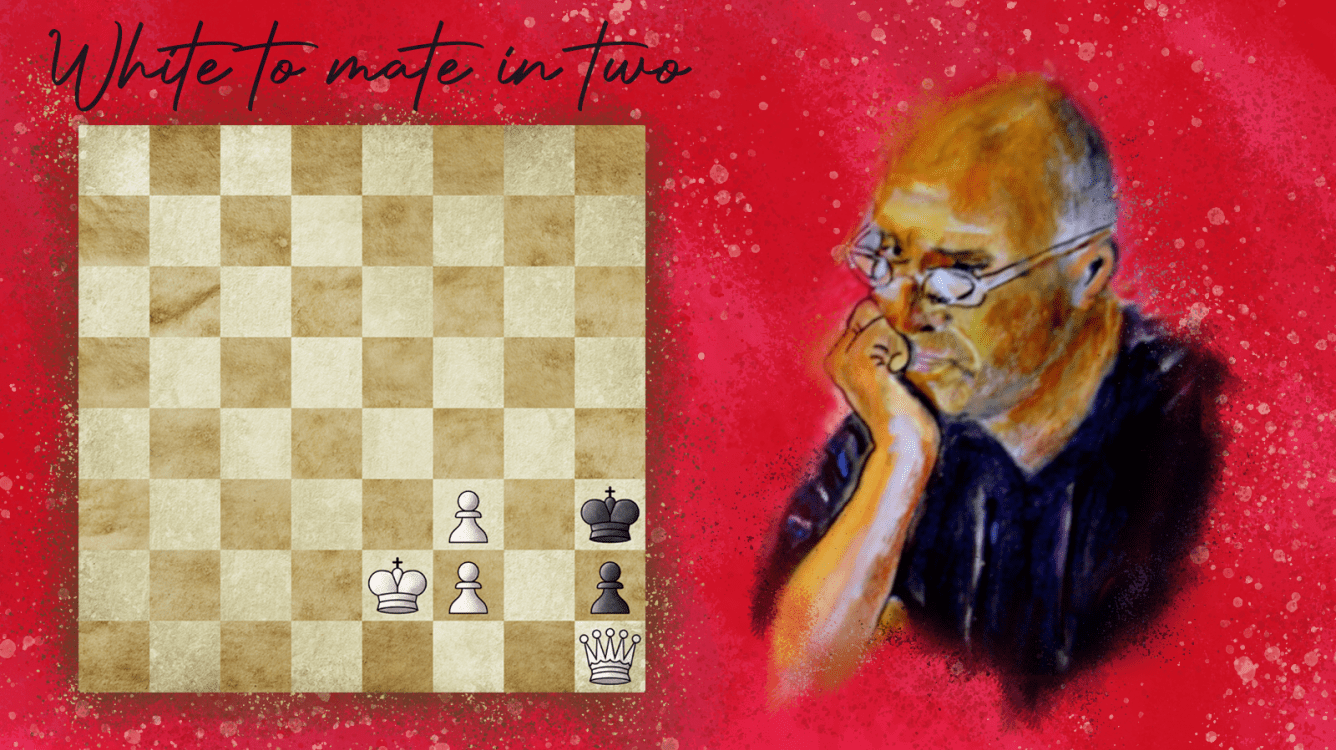Chess is a game of strategy and skill. It involves many different phases. One of the most fascinating parts is the endgame. This is when there are only a few pieces left on the board. The endgame can be very complex. It often involves deep calculations and precise moves.
What Are Chess Endgame Studies?
Chess endgame studies are special puzzles. They are created by chess experts. These puzzles focus on the endgame. They are designed to be challenging. They also show the beauty of chess. Each study has a solution. This solution is often very elegant.
Endgame studies are different from regular chess puzzles. In a regular puzzle, you might be asked to find the best move. In an endgame study, you must find a sequence of moves. These moves lead to a win or a draw.
Why Are Endgame Studies Important?
Endgame studies help players improve their skills. They teach important concepts. These include:
- King and pawn endings
- Rook and pawn endings
- Queen endings
- Minor piece endings (bishop and knight)
By solving endgame studies, players learn to think more clearly. They also learn to calculate deeply. These skills are very useful in real games.

Credit: www.amazon.com
Artistic Value of Endgame Studies
Endgame studies are not just about solving puzzles. They are also a form of art. The solutions to these studies are often very beautiful. They show the creativity of the composer. Some studies have surprising twists. Others have clever traps.
Many players enjoy endgame studies for their artistic value. They appreciate the beauty of the solutions. They also enjoy the challenge of finding the right moves.
Famous Chess Endgame Composers
There have been many famous chess endgame composers. These include:
- Richard Réti
- Alexey Troitsky
- Leonid Kubbel
Each of these composers created many beautiful studies. Their work is still admired today. Let’s take a closer look at each of these composers.
Richard Réti
Richard Réti was a famous chess player and composer. He created many endgame studies. One of his most famous studies is the “Réti Study”. This study shows a surprising way to save a game. It involves a clever king move.
Alexey Troitsky
Alexey Troitsky is considered the father of the endgame study. He created many studies involving knights. His work helped to develop the theory of knight endings. Troitsky’s studies are known for their depth and beauty.
Leonid Kubbel
Leonid Kubbel was another great composer. He created many elegant studies. Kubbel’s studies often involve surprising moves. They are known for their creativity.
Examples of Chess Endgame Studies
Let’s look at some examples of chess endgame studies. These studies show the beauty and challenge of endgame studies.
The Réti Study
The Réti Study is a famous endgame study. It was created by Richard Réti in 1921. Here is the position:
| White: | King on e6, Pawn on h5 |
| Black: | King on a6, Pawn on a5 |
White to move and draw. The solution is very surprising. The white king moves in a clever way. It can reach both pawns. This is the solution:
- Ke6-f5!
- Kf5-e4!
- Ke4-d3!
This move sequence allows the white king to stop the black pawn. It can also support its own pawn. This study shows the power of the king in the endgame.
The Troitsky Line
The Troitsky Line is another famous endgame study. It involves knights. Alexey Troitsky created this study. Here is the position:
| White: | King on g1, Knight on f2 |
| Black: | King on e1, Pawn on e2 |
White to move and win. The solution involves precise knight moves. The white knight must stop the black pawn. Here is the solution:
- Ng4!
- Ke2 Kh2
- Ne3!
This move sequence shows the power of the knight. It can control many squares. This study is very instructive for knight endings.
How to Solve Endgame Studies
Solving endgame studies can be challenging. Here are some tips to help you:
- Look for the main idea. Try to understand the key concept of the study.
- Calculate carefully. Make sure to check all possible moves.
- Be patient. Some studies can be very tricky.
- Practice regularly. The more you practice, the better you will get.
Endgame studies are a great way to improve your chess skills. They help you develop your calculation and visualization. They also teach important endgame concepts.

Credit: www.chess.com
Conclusion
Chess endgame studies are a fascinating part of chess. They combine art and science. They challenge the mind and delight the eye. Whether you are a beginner or an expert, you can enjoy and learn from these studies. So, take some time to explore the world of chess endgame studies. You will find it both rewarding and enjoyable.
chessmantras.com is a participant in the Amazon Services LLC Associates Program, an affiliate advertising program. As an Amazon Associate, we earn from qualifying purchases made through our links.







